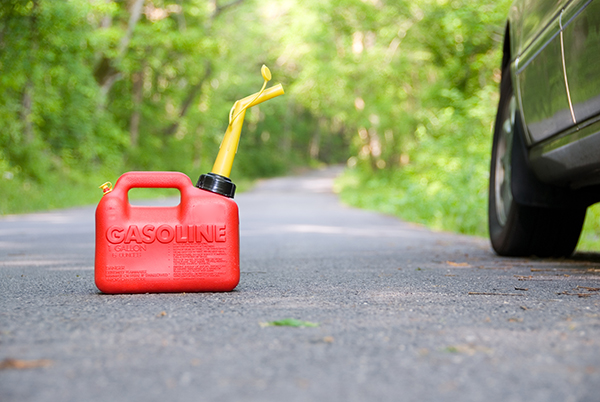
Being independent is an important trait for preppers. But when SHTF, you can increase your chances of survival by teaming up with like-minded people. (h/t to AYearWithoutTheGroceryStore.com)
Aside from your own family, your survival group could include the people in your own neighborhood.
Evaluating the future members of your survival group
Before disaster strikes, focus on learning about the pros and cons of teaming up with different people. Would you get along with them? Could you trust them in dangerous situations?
Here are some factors to consider before you invite other people to join your survival group.
Do you know who your neighbors are?
The minute you move into a new home, take the time to get to know your neighbors. Learn their names and greet them if you see them at the store or while you're taking a walk around the block.
Do your neighbors have survival skills?
Simply asking your neighbors about their jobs could teach you about their skills, especially those that may prove useful during a long-term disaster scenario, such as first aid or woodworking skills.
Their hobbies could also give you insight on how the spend their free time. While some of your neighbors waste time watching TV shows, others might enjoy fishing or hunting, which could be helpful when SHTF.
Do they own useful tools?
This section covers various tools, from a treadle sewing machine to solar ovens, or fire-starting equipment.
Knowing who owns what may just save your life when SHTF. In return, you should be ready to share your tools and supplies with the members of your survival group. (Related: Forging neighborhood relationships and alliances may be the only way to survive when SHTF.)
What tools or skills can you offer your potential survival group members?
In the same way that you're evaluating your neighbors, fellow preppers could also be considering if it's worth teaming up with you before disaster strikes.
Here are some important survival skills that are worth learning before disaster strikes:
- Campfire cooking
- Canning/dehydrating food
- Electrical skills
- Field dressing
- Firecraft
- First aid
- Fishing
- Foraging
- Hunting
- Mechanic skills
- Sewing and mending
- Shoemaking
- Soapmaking
- Weapon making
- Woodworking
You must also consider if you have supplies in your stockpile that other people might need. Stock up on supplies like gluten-free items that you could use for bartering when SHTF.
Will you have trouble dealing with some of your neighbors?
Aside from knowing which of your neighbors you could count on during a disaster, you must know who is going to give you a headache when SHTF. Be wary of neighbors who are the recipient of various complaints, those who have short-tempers, or people who are always acting odd.
If you can't avoid these people, make sure that you're at least on good terms with them so they don't cause any trouble for you when things get rough.
Teamwork and mental toughness
Teamwork and mental toughness are crucial when looking for potential survival group members.
In stressful situations, you would need someone who could work well with people of different personalities. It's also important to have a survival group with members who could be mentally tough while facing difficult situations.
After all, one member who cracks at the slightest sign of pressure could put your whole group at risk.
Once you decide on the core members of your survival group, put your teamwork to the test by doing disaster simulations and drills.
Alternatively, you could do some fun team building activities such as:
- Camping
- An escape room
- A paintball competition
- Rafting
- Rock climbing
- A wilderness survival course
Some of these activities require teamwork while others could simulate the high-pressure situations that you might go through when SHTF. Keep an eye on members who lose their cool when things get hard, and take note of those who remain even-tempered while others start to panic. These are the people that you could trust during a survival scenario.
Sources include:
AYearWithoutTheGroceryStore.com
Please contact us for more information.





















